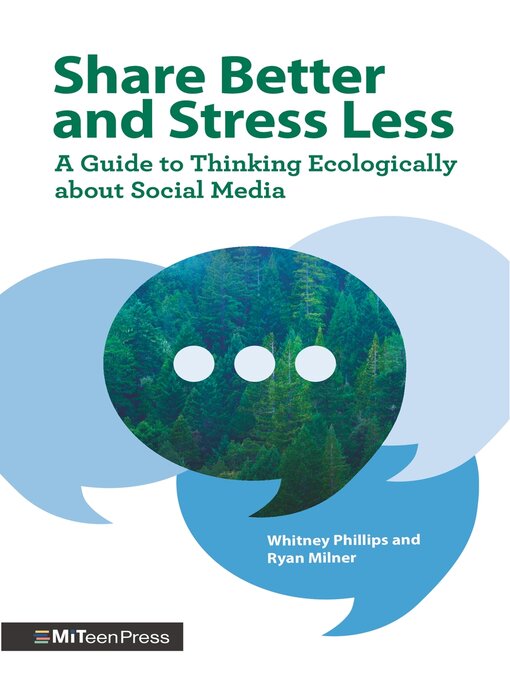Two media experts offer a witty, warm, and relatable take on how information pollution affects our online networks—and our well-being—and how to maximize a positive impact.
We know that pollution damages our physical environments—but what about the digital landscape? Touching on everything from goat memes gone wrong to conflict in group chats to the sometimes unexpected side effects of online activism, this lively guide to media literacy draws on ecological, social justice, and storytelling frameworks to help readers understand how information pollution spreads and why. It also helps them make sense of the often stressful and strange online world. Featuring a hyperconnected cast of teens and their social-media shenanigans, reader-friendly text tackles the thorny topic of internet ethics while empowering—and inspiring—young readers to weave a safe, secure, and inclusive digital world. Readers are invited to delve further into the subject with the help of comprehensive source notes and a bibliography in the back matter.
- All Magazines
- Popular Magazines: Always Available
- Cooking and Food Magazines
- Craft Magazines
- News and Politics
- See all magazines collections


